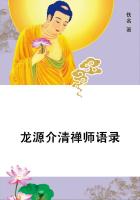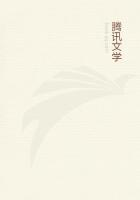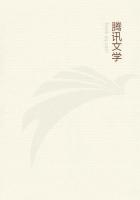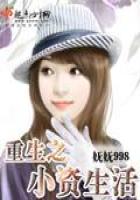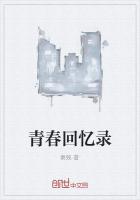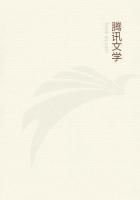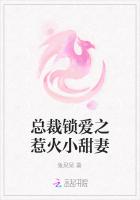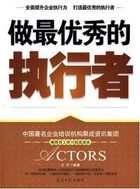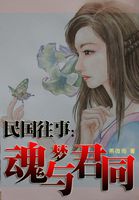CONDITION. Carry the machine used for art a step farther, and he becomes an unreasonable man, if he values art and is free. To avoid misunderstanding, I must say that I am thinking of the modern machine, which is as it were alive, and to which the man is auxiliary, and not of the old machine, the improved tool, which is auxiliary to the man, and only works as long as his hand is thinking;
though I will remark, that even this elementary form of machine has to be dropped when we come to the higher and more intricate forms of art. Well, as to the machine proper used for art, when it gets to the stage above dealing with a necessary production that has accidentally some beauty about it, a reasonable man with a feeling for art will only use it when he is forced to. If he thinks he would like ornament, for instance, and knows that the machine cannot do it properly, and does not care to spend the time to do it properly, why should he do it at all? He will not diminish his leisure for the sake of making something he does not want unless some man or band of men force him to it; so he will either go without the ornament, or sacrifice some of his leisure to have it genuine. That will be a sign that he wants it very much, and that it will be worth his trouble: in which case, again, his labour on it will not be mere trouble, but will interest and please him by satisfying the needs of his mood of energy.
This, I say, is how a reasonable man would act if he were free from man's compulsion; not being free, he acts very differently. He has long passed the stage at which machines are only used for doing work repulsive to an average man, or for doing what could be as well done by a machine as a man, and he instinctively expects a machine to be invented whenever any product of industry becomes sought after. He is the slave to machinery; the new machine MUST be invented, and when invented he MUST--I will not say use it, but be used by it, whether he likes it or not.
But why is he the slave to machinery? Because he is the slave to the system for whose existence the invention of machinery was necessary.
And now I must drop, or rather have dropped, the assumption of the equality of condition, and remind you that, though in a sense we are all the slaves of machinery, yet that some men are so directly without any metaphor at all, and that these are just those on whom the great body of the arts depends--the workmen. It is necessary for the system which keeps them in their position as an inferior class that they should either be themselves machines or be the servants to machines, in no case having any interest in the work which they turn out. To their employers they are, so far as they are workmen, a part of the machinery of the workshop or the factory; to themselves they are proletarians, human beings working to live that they may live to work: their part of craftsmen, of makers of things by their own free will, is played out.
At the risk of being accused of sentimentality, I will say that since this is so, since the work which produces the things that should be matters of art is but a burden and a slavery, I exult in this at least, that it cannot produce art; that all it can do lies between stark utilitarianism and idiotic sham.
Or indeed is that merely sentimental? Rather, I think, we who have learned to see the connection between industrial slavery and the degradation of the arts have learned also to hope for a future for those arts; since the day will certainly come when men will shake off the yoke, and refuse to accept the mere artificial compulsion of the gambling market to waste their lives in ceaseless and hopeless toil;
and when it does come, their instincts for beauty and imagination set free along with them, will produce such art as they need; and who can say that it will not as far surpass the art of past ages as that does the poor relics of it left us by the age of commerce?
A word or two on an objection which has often been made to me when I
have been talking on this subject. It may be said, and is often, You regret the art of the Middle Ages (as indeed I do), but those who produced it were not free; they were serfs, or gild-craftsmen surrounded by brazen walls of trade restrictions; they had no political rights, and were exploited by their masters, the noble caste, most grievously. Well, I quite admit that the oppression and violence of the Middle Ages had its effect on the art of those days, its shortcomings are traceable to them; they repressed art in certain directions, I do not doubt that; and for that reason I say, that when we shake off the present oppression as we shook off the old, we may expect the art of the days of real freedom to rise above that of those old violent days. But I do say that it was possible then to have social, organic, hopeful progressive art; whereas now such poor scraps of it as are left are the result of individual and wasteful struggle, are retrospective and pessimistic. And this hopeful art was possible amidst all the oppression of those days, because the instruments of that oppression were grossly obvious, and were external to the work of the craftsman. They were laws and customs obviously intended to rob him, and open violence of the highway-
robbery kind. In short, industrial production was not the instrument used for robbing the "lower classes;" it is now the main instrument used in that honourable profession. The mediaeval craftsman was free in his work, therefore he made it as amusing to himself as he could;
and it was his pleasure and not his pain that made all things beautiful that were made, and lavished treasures of human hope and thought on everything that man made, from a cathedral to a porridge-
pot. Come, let us put it in the way least respectful to the mediaeval craftsman, most polite to the modern "hand:" the poor devil of the fourteenth century, his work was of so little value that he was allowed to waste it by the hour in pleasing himself--and others;

